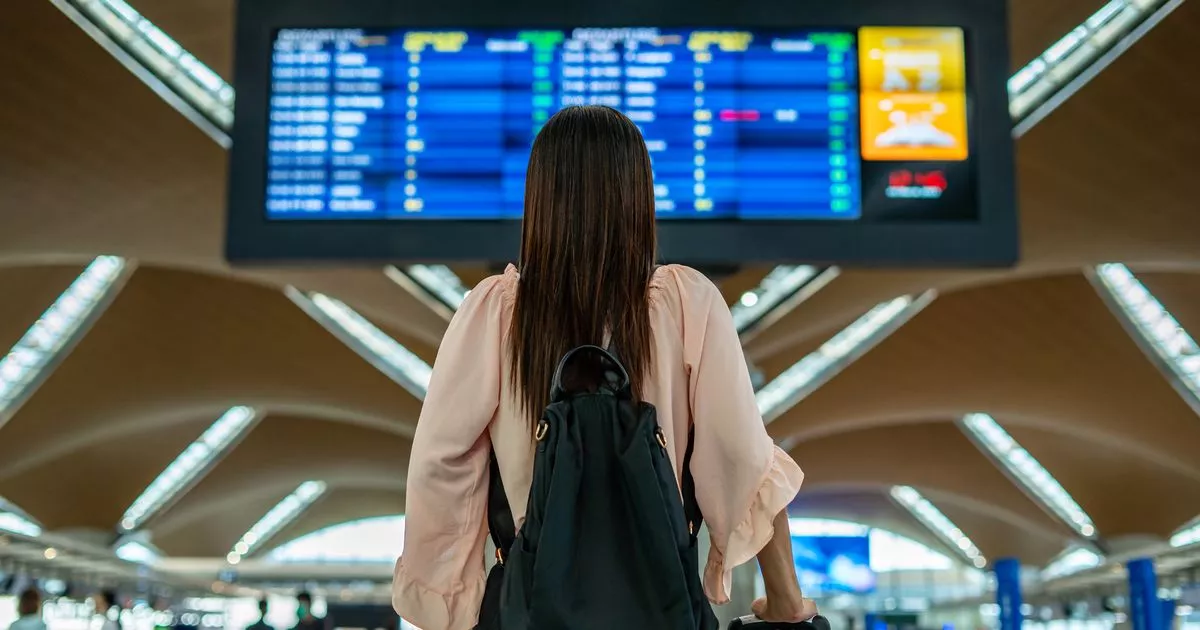Summary
Over 31 million people are expected to experience flight disruptions this year, meaning they could all be entitled to compensation too
Source: Hull Live on MSN.com

AI News Q&A (Free Content)
Q1: What regulations govern compensation for flight disruptions in the EU?
A1: The Air Passengers Rights Regulation 2004 (Regulation (EC) No 261/2004) governs compensation for flight disruptions in the EU. It mandates compensation ranging from €250 to €600 depending on the flight distance for delays over three hours, cancellations, or denied boarding due to overbooking.
Q2: How does AirHelp assist passengers in claiming compensation for flight disruptions?
A2: AirHelp is an online service that aids passengers in seeking compensation for flight cancellations, delays, or overbookings. It utilizes European Regulation No 261/2004 to help passengers claim their entitled compensation and has expanded its services globally since 2020.
Q3: What are the economic impacts of flight disruptions on airlines?
A3: Flight disruptions cause significant economic losses, affecting airlines' reputations and wasting passengers' time and money. They also have environmental impacts due to increased fuel consumption and emissions.
Q4: What is the network science approach to identifying disruptive elements in airline operations?
A4: The network science approach involves modeling and analyzing flight schedules and historical operational data to identify the most disruptive airports, flights, and connections. This method helps airlines build robust schedules to reduce delays and their propagation.
Q5: How do passenger connections between flights contribute to disruptions?
A5: Passenger connections between flights are identified as the most disruptive connection type in airline networks. Delays in these connections can propagate throughout the network, causing widespread disruptions.
Q6: What are the potential benefits of using magnetic navigation systems in aircraft?
A6: Magnetic navigation (MagNav) systems offer an alternative to GPS, providing accurate positional information using Earth's magnetic field. They improve navigation precision and reliability, especially in environments where traditional systems may fail.
References:
- Air Passengers Rights Regulation 2004, https://en.wikipedia.org/wiki/Air_Passengers_Rights_Regulation", "AirHelp, https://en.wikipedia.org/wiki/AirHelp", "Network science approach for identifying disruptive elements of an airline, 2023, Vinod Kumar Chauhan et al.", "Physics-Informed Calibration of Aeromagnetic Compensation in Magnetic Navigation Systems, 2024, Favour Nerrise et al.




